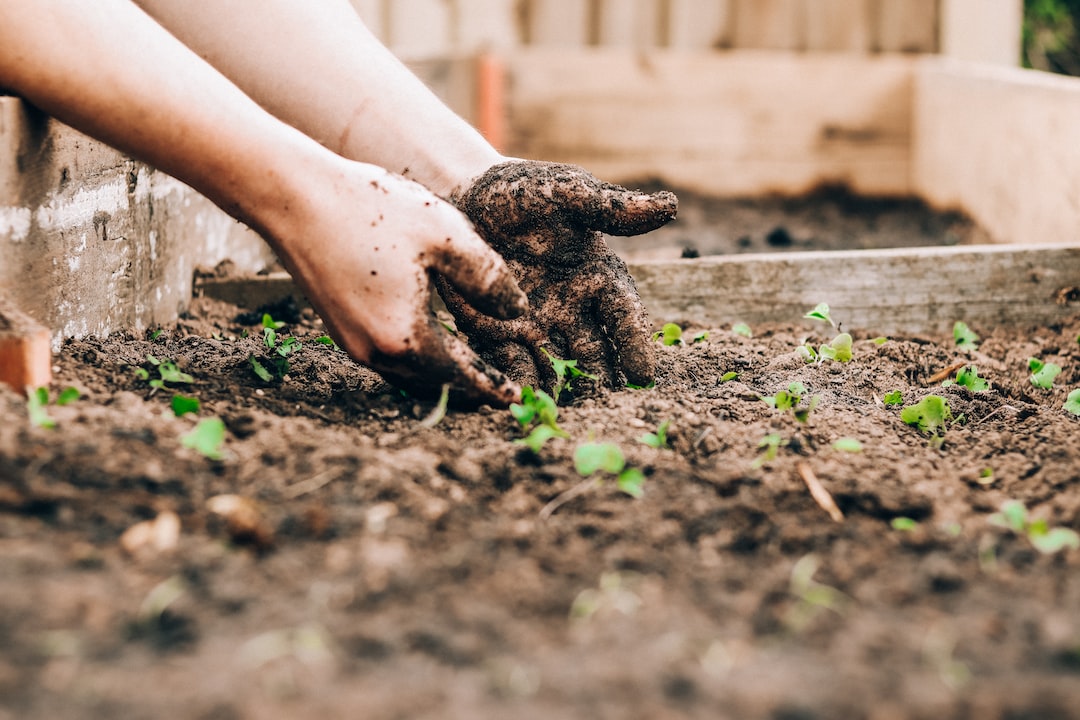Living with Pets & Plants: A Beginner’s Guide to Caring for Tropical Houseplants
Introducing tropical houseplants into your living space can transform your home into a lush and vibrant oasis. These beautiful plants not only enhance the aesthetic appeal of any room, but they also provide numerous health benefits. However, if you share your living space with pets, it is essential to choose tropical houseplants wisely and take certain precautions to ensure the safety of your furry friends. In this beginner’s guide, we will explore the basics of caring for tropical houseplants while keeping your pets in mind.
1. Plant Selection:
When selecting tropical houseplants, it is crucial to choose pet-friendly varieties. Some plants can be toxic to pets and can cause adverse reactions if ingested. Opt for plants that are safe for both humans and animals, such as spider plants, Boston ferns, areca palms, and parlor palms. These varieties not only add beauty to your home but are also non-toxic to pets.
2. Placement and Accessibility:
Proper placement of your houseplants is key to ensuring the safety of both your pets and your plants. Keep plants out of reach from pets who may be tempted to nibble on leaves or dig around the soil. Consider using elevated plant stands or hanging baskets to create physical barriers between your pets and your plants. This will prevent any accidental ingestion or damage.
3. Watering:
Watering is an essential aspect of plant care. While providing adequate hydration to your tropical houseplants, you must consider the needs of your pets. Avoid over-watering as it may result in stagnant water that can attract insects and may cause mishaps with curious pets. Additionally, make sure to keep water-filled saucers out of reach from pets to prevent accidents.
4. Soil Choice:
Selecting the right soil is essential for the health of your plants and pets. Opt for well-draining soils that allow water to flow through easily. This not only helps prevent over-watering but also minimizes the risk of rotting roots. Avoid using soil with added fertilizers or chemicals that could be harmful to your pets if ingested.
5. Pruning and Maintenance:
Regular pruning and maintenance are crucial for the overall health and appearance of your tropical houseplants. However, be cautious while pruning to prevent accidental harm to your pets. Watch out for thorns, sharp edges, or fallen leaves that may pose a potential danger. Use gardening gloves when handling plants with thorns, and clean up fallen leaves promptly.
6. Fertilizing:
Proper fertilization ensures the growth and vitality of your tropical houseplants. However, some fertilizers can be toxic to pets. Opt for pet-safe and natural fertilizers or use organic alternatives like compost or worm castings. Always read the labels or consult with a plant specialist to ensure the safety of your pets.
7. Pet Training:
While taking precautions is important, training your pets to coexist peacefully with your tropical houseplants is equally crucial. Teach them to respect the boundaries set around your plants, and discourage chewing or digging behavior early on. Offer appropriate chewing toys or plants specifically grown for pets to redirect their attention.
By following these tips, you can create a harmonious environment where pets and plants can thrive together. Remember to research the specific care requirements of each plant and consult with pet and plant experts if you have any concerns. Caring for tropical houseplants is a rewarding experience that can enhance your living space, improve air quality, and promote a sense of tranquility for both you and your pets. So, go ahead and introduce these green companions into your home; pets and plants can indeed coexist happily!
For more information visit:
Cart Page | Specialty Tropicals
https://www.specialtytropicals.com/
Your top source for high quality rare and exotic tropical plants including Orchids; Hibiscus; Hoyas; Anthuriums, Philodendrons and other Aroids; Passion Flowers; Gingers and Heliconias; Carnivorous Plants (especially Nepenthes, Tropical Pitcher Plants); Begonias; Bromeliads and other Air Plants, and much more!

